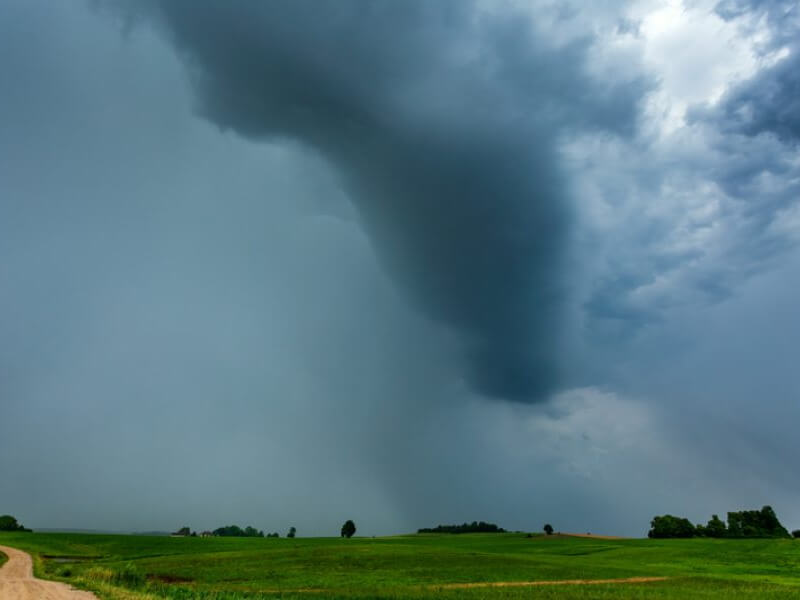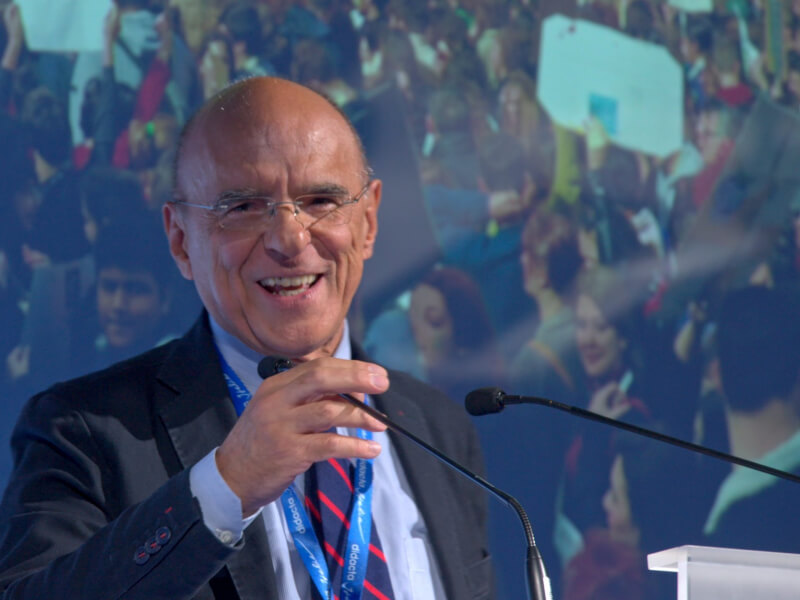27 December 2022 – Since the early days of the Covid-19 pandemic, the ESIR group advocated the need for the EU institutions to avoid relying exclusively on short-termism, and instead adopt a “protect, prepare and transform” (PPT) approach for resilience. “Protect”, through a swift and coordinated response in cases of emergency, and policies that leave no one behind when crisis hits. “Prepare” for a broad set of future risks, through coordination, foresight, community involvement and re-skilling. “Transform” the economy and society, through challenge-driven approaches to research and innovation, triggering change that addresses the root causes of our current dysfunctional systems.
Only this approach can enable true resilience to future shocks. Falling short of a full protect-prepare-transform agenda means ushering in an era of damage control and short-term, knee-jerk decision making. This would place the EU in a constant state of crisis management, in which crises never end, and their impacts must be constantly mitigated. There would be no such thing as a time of peace, no “time to fix the roof”. Not surprisingly, the neologism “permacrisis” was chosen as the word of the year for 2022.
Against this backdrop, the pandemic years have led EU institutions to strengthen their response and crisis management capabilities. Many new initiatives and emerging policy priorities try to mitigate the consequences of external shocks; yet much less is being done to prevent shocks from occurring in the first place. In other words, the EU is very attentive to the “protect” and increasingly wary of the “prepare” phase, but insufficiently geared towards transformation. Today’s challenges require anticipatory governance, long-term systems thinking and courageous, adaptive, agile decision-making. We must understand the real nature and root causes of the major crises we are in, and realise that we are no longer in mono-crisis mode: rather, we live in a poly-crisis age, which may evolve into permacrisis.
A permanent state of crisis (management) is not what the EU was made for. Rather, the idea of European integration that rose from the ashes of the Second World War was primarily a peace project, which created economic prosperity and paved the way for seven decades without conflict. Today’s poly-crisis age calls on the EU to rethink its mission and goals. From “negative peace”, chiefly based on the absence of physical violence, the EU must become a champion of “positive peace”, as defined by Johan Galtung already in 1967, a lasting peace built on sustainable development and institutions, a focus on well-being and societal attitudes that foster peace. Embracing such a vision in the age of poly-crisis means leveraging the EU’s poly-centric governance to build resilience; and harnessing Europe’s leadership in green technologies, as well as its vocation towards human-centric digital transformation.
Against the backdrop of war, the temptation is to concede to force majeure, inducing the Union to rethink its more ambitious plans and consolidate alliances that perpetuate current dependencies. Yet the real choice is not between protection and transformation, it is between the fulfilment or the demise of the EU project. Europe is at a crossroads: following a short-term reactive path regardless of its impact on transformation, thereby risking further lock-in for societies and economies into suboptimal structures; or embedding protective and preparedness measures into a deeply transformative agenda. ESIR sees this latter option as Europe’s only successful path. This requires putting in place an action plan that combines state-of-the-art knowledge, technology, human ingenuity and leadership with new strategies and transformative policies so as to enable initiatives like the EU R&I Missions to address key challenges for people, planet and prosperity. An action plan that reflects the lessons learnt from the pandemic and the emerging, compound effects of climate and conflict.
But how to reconcile the needs of today with the call for enhanced preparedness and systemic transformation? We are aware of the extreme difficulty of adhering to a long-term vision of transformation in times of emergency, when the pressure for immediate responses to short-term needs becomes more salient. This temptation to give in to short-termism will be strong. The state of crisis, without systemic, adaptation-oriented transformation, will never be over. Pursuing long-term goals while adjusting for short-term emergencies is challenging and requires significant changes in the way decisions are adopted at all levels of government. Decision-makers have to both “learn to prepare”, i.e. invest in strategic foresight, agility and so-called “optionality” to enhance preparedness; and “prepare to learn” on the go, when crisis hits. While a lot of emphasis is currently placed on agile governance, we believe the latter is just a tiny portion of the change that needs to occur.
The case for reducing external dependencies is very strong. However, it is equally clear that the EU will not be able to achieve its global sustainability goals, by pursuing the same policies of the past. It is time for Europe to invest in true cooperation and solidarity to address global challenges and a paradigm shift from competition for resources (natural capital, human capital, intellectual capital and financial capital) towards joint partnership in the implementation of economic models enhancing regeneration and circularity.
Importantly, this is not only a task for EU institutions: their role is essential and pivotal, but certainly not sufficient for systemic transformation to occur. To the contrary, Europe as a whole needs to rediscover the potential of its decentralised, “polycentric governance” in order to achieve resilience and sustainability. Polycentricity provides a number of advantages, such as adaptive capacity, institutions tailored to their specific context, mitigation of risks through redundancies and a more democratic process through subsidiarity. For us it is clear, the EU should embark on deep transformation by seizing the opportunities offered by the current state of emergency, in which inaction is simply not an option. At a time when not only our planet but also democracy, international cooperation and a rules-based world order are under serious threat, the question is are European leaders ready to step up to the transformational challenge and adopt a “positive peace” agenda at this crucial time of polycrisis?
First published in EURACTIV






